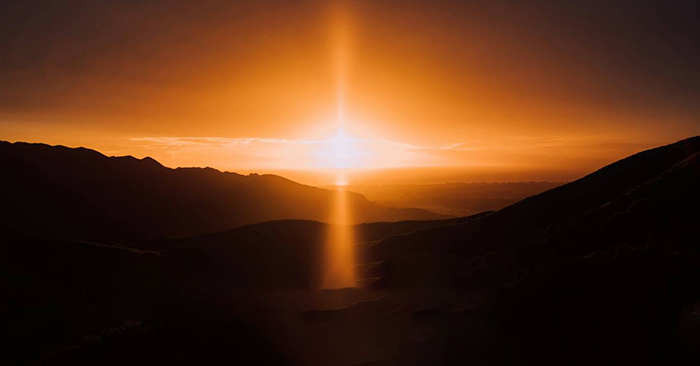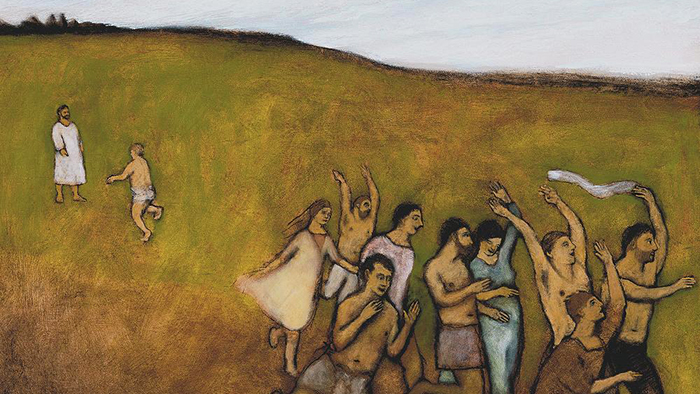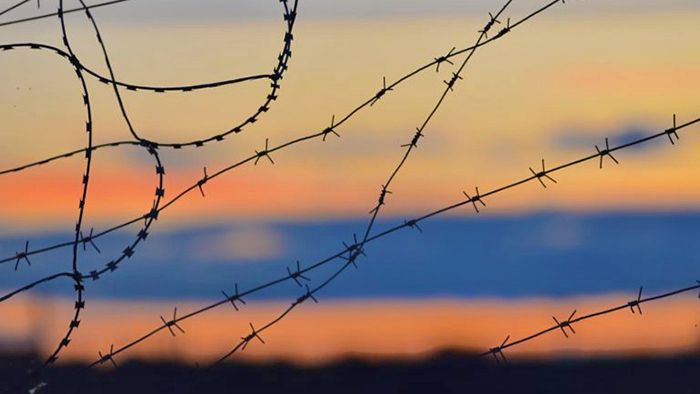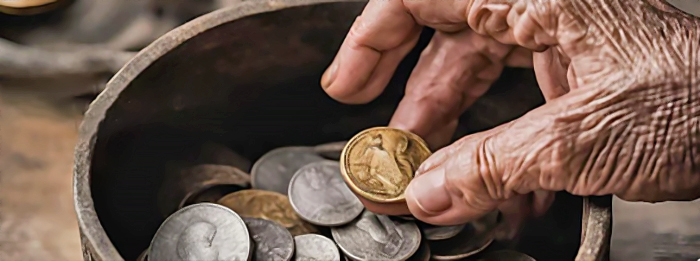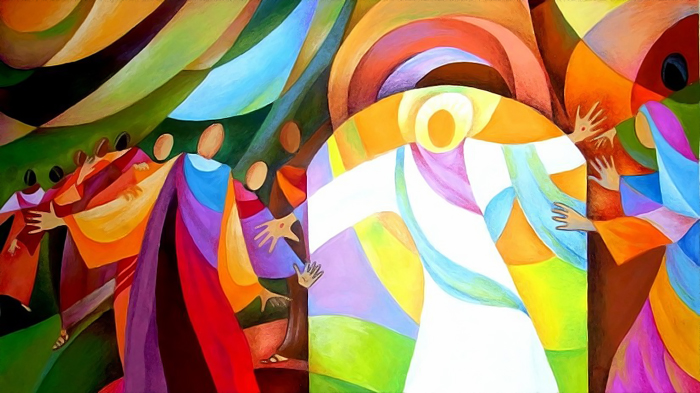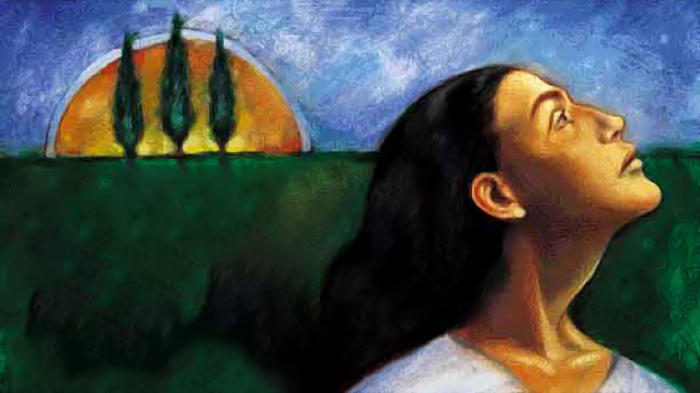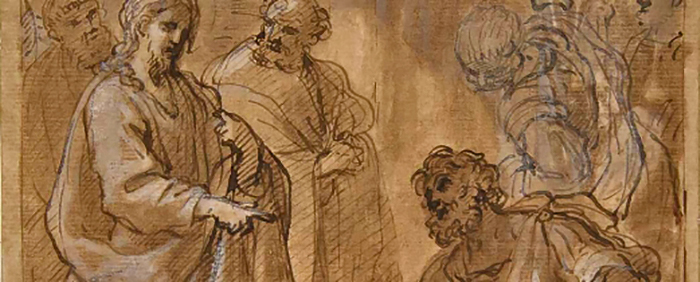
The American Declaration of Independence says we have an unalienable right to the pursuit of happiness. Fr. Richard Rohr writes that God created us to be happy and joyful in this world and the next, and Jesus says the same several times in the Gospel of John. The only difference between the two is that any happiness that is demanded from life never becomes happiness because it is too narcissistically and self-consciously pursued. The “joy that the world cannot give” always comes as a gift to those who wait for it, expect it, and make room for it inside themselves. The first is self-assertion, the second is self-surrender. The first is taking; the second is receiving. Those are two entirely different human dynamics. You do not catch a butterfly by chasing it: you sit still, and it alights on your shoulder. Then it chooses you. That is true happiness. When we set out to seek our private happiness, we often create an idol that is sure to topple. Any attempts to protect any full and private happiness amid so much public suffering must be based on an illusion about the nature of our world. We can only do that if we block ourselves from a certain degree of reality and refuse solidarity with “the other side” of everything, even the other side of ourselves. Both sides of life are good and necessary teachers; in fact, failure and mistakes teach us much more than our successes. Failure and success were often called “the two hands of God.” It takes struggle with both our darkness and our light to form us into full children of God, but of course, we especially resist “the left hand of God,” which is usually some form of suffering or loss of control. As in our Gospel reading today, the same suffering of the centurion’s servant brought the centurion out of his comfortable house and invited Jesus into that house! Suffering and solidarity with the suffering of others have an immense capacity to “make room” inside of us. It is probably our primary spiritual teacher.


